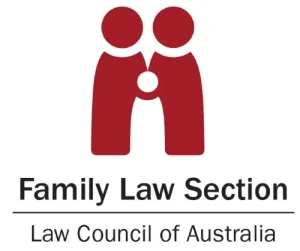Advice from a family lawyer: 5 steps of divorce

The expected rise in COVID-19 transmission means everyone should be aware of their rights and responsibilities when it comes to safety at work and workers compensation.
How to navigate Christmas arrangements as separated parents

The expected rise in COVID-19 transmission means everyone should be aware of their rights and responsibilities when it comes to safety at work and workers compensation.
Binding Financial Agreements and Consent Orders

Binding Financial Agreements and Consent Orders Separation is one of the most strenuous times a person can go through. The process of dividing property can sometimes be worse than the final split itself. It may seem simple at first, but the reality soon hits things can become complicated. It can become more than just […]











